
Three metallic structures shaped like fish are part of the landscape at Potrero beach in Santa Cruz, Guanacaste. Their function: to serve as “trash cans” for all types of plastic bottles.
The Surfside water association in Potrero hopes to make “blocks” out of plastic bottles and build a building. They also want to build wheelchair-accessible sidewalks that lead to the beach for people with disabilities.
The structures, built from rods and colorfully painted, were installed at three strategic access points along the beach during the first week of November. One is located in front of the Pleamar restaurant, another near the Bahia del Sol hotel and the third at the end of “Piña” street. They all have a sign that says “Recycling Program. Plastic Bottles Only.”
The idea is part of the water association’s environmental management program.
No More Bottles in the Sea
Every time there is a busy vacation week in the country, Potrero beach floods with bottles, says water association president Lourdes Valverde. “Hundreds of them are strewn about the sand,” she said.
That is what motivated her and the other members of the water association to come up with a solution that would have a positive impact on the beach and the community.
While they were searching for ideas, they saw a story in a Mexican newspaper that described how they were installing giant containers in the shape of a fish along the main beaches in Mexico. That was their inspiration.
In Mexico, these fish were made out of nets, so we decided to do it with metal rods because they last longer,” Valverde said.
The idea gained strength when they realized that people who collect items for recycling don’t prioritize plastic because recycling centers don’t pay much for it, which makes it less of a priority to collect bottles on the streets or on the beach.
Several of the water association’s clients heard about the idea and donated the first of the three fish. With the first fish as a model, they used the association’s budget to build the other two.
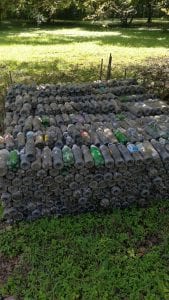
Local water association has a goal of collecting 18,000 bottles to build a reception hall
Valverde says that each structure costs about $280 to build and they are looking for companies or other organizations to “adopt” one so they can continue building fish on the beach.
“We’ve had offers to adopt four fish. Any company or individual can buy a fish from the association and it will have a sign on it stating that they donated it. They can put it at their establishment or on the beach. The bottles collected in it will be for our use,” Valverde said.
Clear Goals
The association’s goal is to collect 18,000 plastic bottles and use them to create blocks to build a reception hall. So, instead of full concrete walls, it will have bottles full of sand and a layer of concrete on the outside.
According to a design by an engineer and an architect, the building will be 650 square feet. It will be entirely built of bottles, except for the support columns.
In the future, the water association plans to build other things for the community, such as benches and tables along the beach, so the fish will stay on the beach.
Once the reception hall is built, I’d like to leave a part of one of the walls exposed so people can see how it was made,” Valverde said, enthused.
Beyond the bottles, the association also wants to reuse the plastic caps to build sidewalks so people with disabilities can get to the sea. The first one will be done at the end of January 2020.
Across the country, other projects led by Costa Ricans such as “Dona Tapa” and “First inclusive beach in the country” also have a goal of building wheelchair access at beaches like Jacó on the Pacific coast and Cahuita on the Caribbean coast, respectively. They did it using plastic wood from recycled plastic caps, the same technique the water association plans to use.
In the cases of “Dona Tapa” and “First inclusive beach in the country,” they set up hundreds of collection points thanks to alliances with different institutions, companies and organizations, many of which contacted them about the initiative and asked to join. Others collected plastic caps on their own and then donated them to the organizations.
The Surfside water association says that at least two families in the area will be paid to build the blocks and the wheelchair accesses, having a direct, benificialimpact on the community.


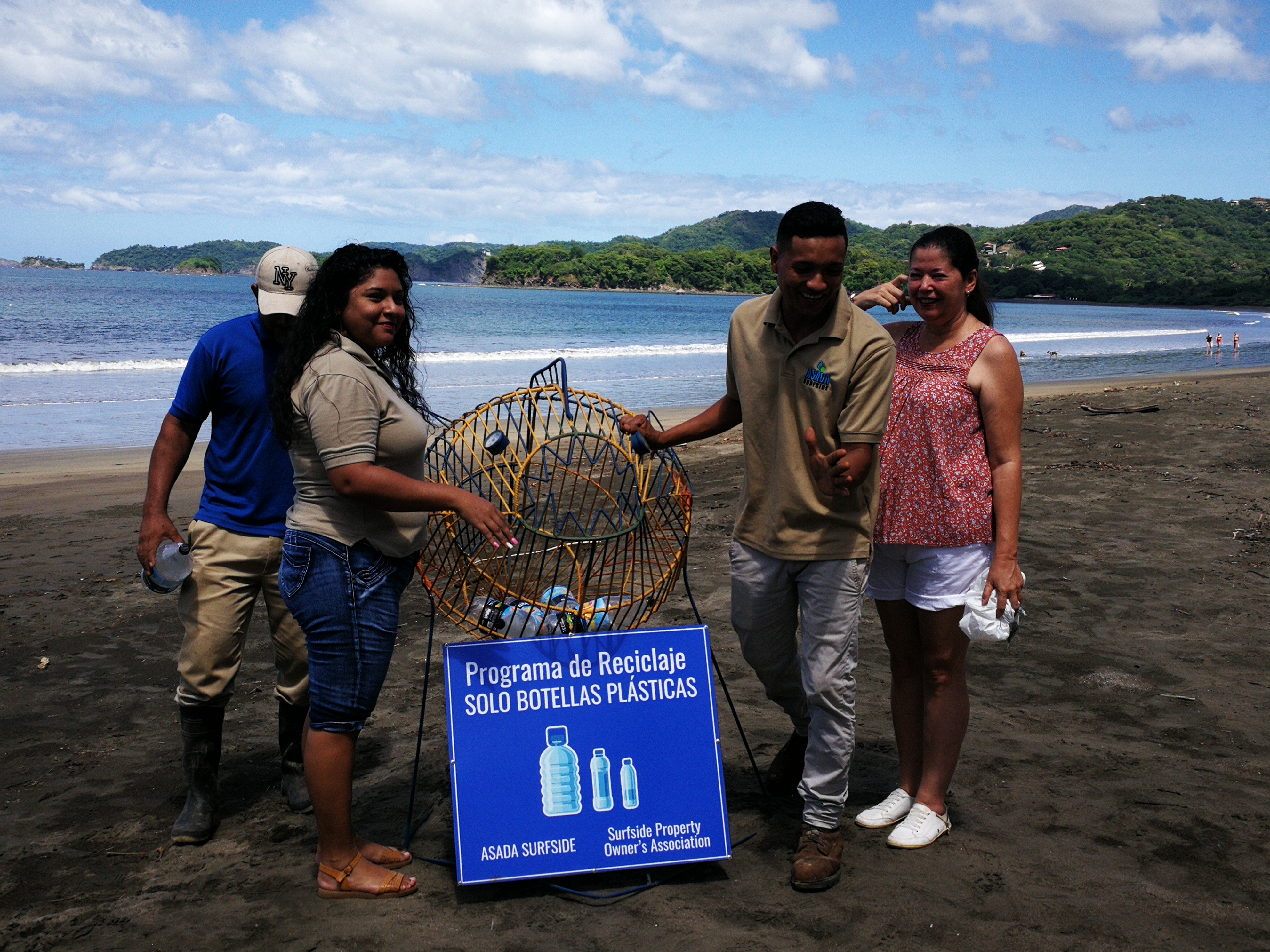
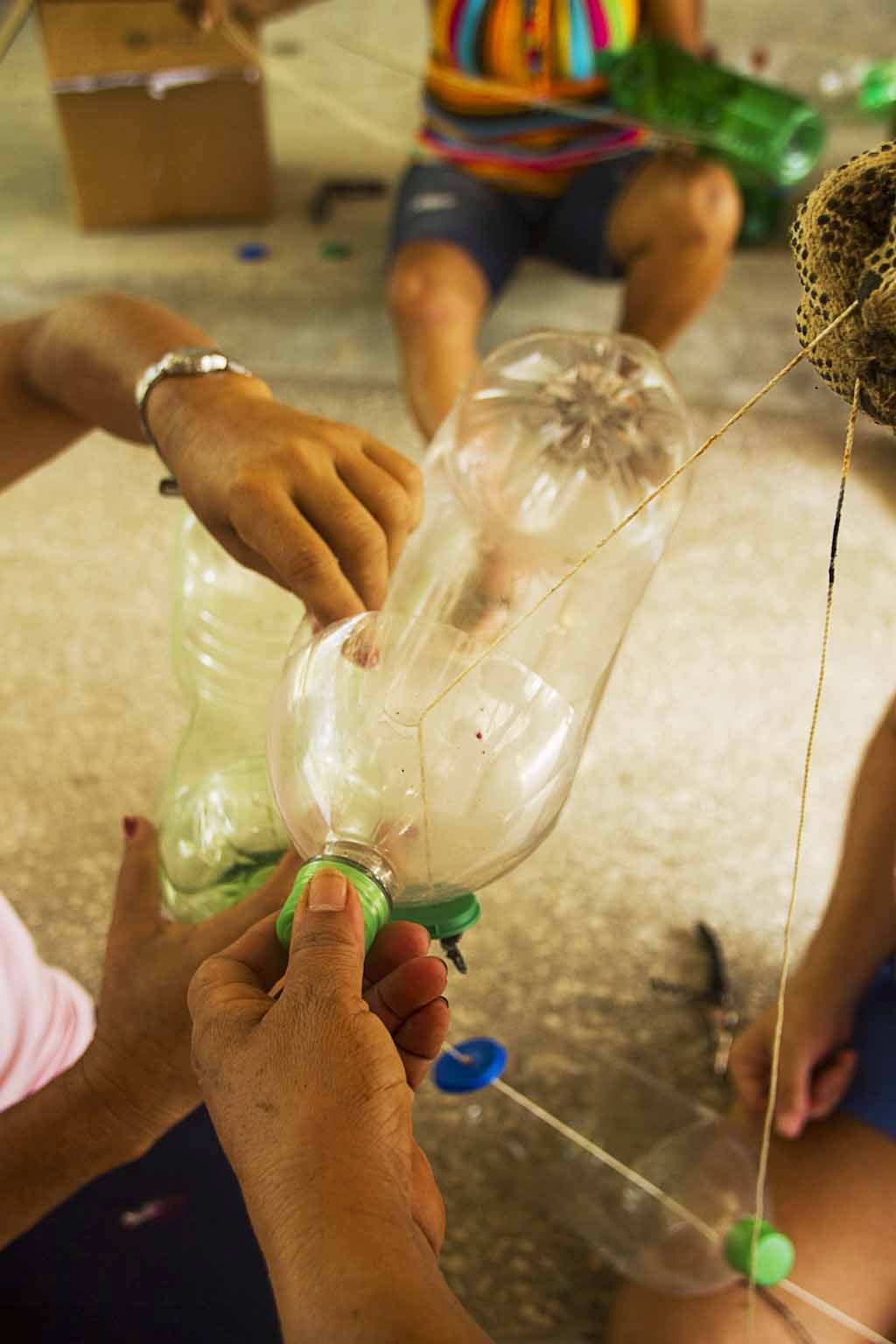
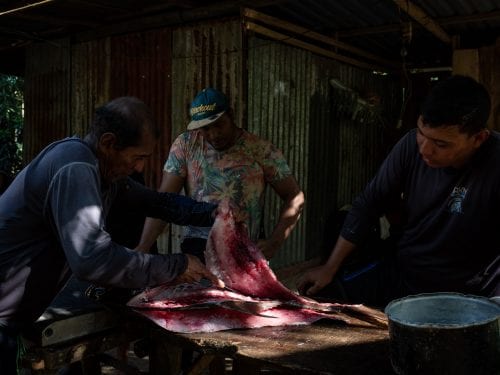
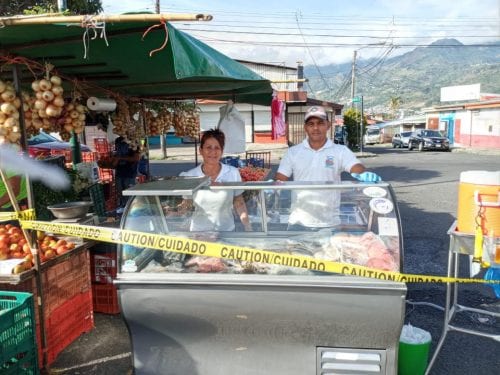

Comments